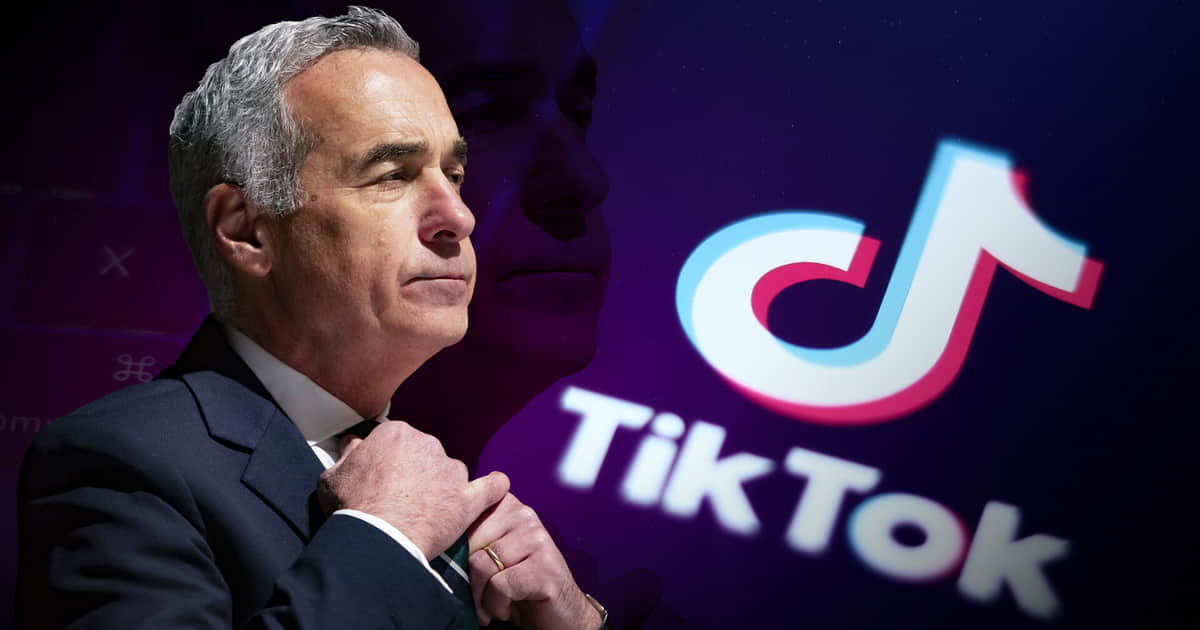How TikTok and Telegram's influence helping overthrow Romania's “old guard”

The first round of Romania's presidential election stunned everyone: the international community, experts, sociologists and Romanians themselves. It became clear that polling had massively missed the mark when exit polls revealed that Calin Georgescu, an independent far-right pro-Russian politician previously overlooked in electoral studies, had secured third place. By 25 November, the vote count completely upended these predictions, placing Georgescu in first place.
This shocking result not only forces a reassessment of the presidential race's outcome but also casts doubt on predictions for the parliamentary elections set to take place this weekend, on 1 December. Advertisement: Read more about what propelled Georgescu's unexpected success and whether foreign interference played a role in the article by Ruslan Rokhov, managing partner at PGR Consulting Group LLC - TikTok changing Romania: How Ukraine's neighbours are addressing "democracy's fracture" ahead of parliamentary elections.
Shortly after the first round of the presidential election, G4Media.ro journalist Stefan Lefter published an investigation into Calin Georgescu's phenomenal success. Through a network of organised "volunteers" and a strategy leveraging social media algorythms, Georgescu's campaign showcased how modern propaganda can rapidly reshape the electoral landscape -something no sociological research had captured. This issue has drawn the attention of Romania's Supreme Defence Council, which held a meeting on 28 November chaired by President Klaus Iohannis.
During the meeting, violations of electoral laws were noted, particularly regarding one candidate (it's not hard to guess who) benefiting from a preferential treatment provided by TikTok. The platform did not label him as a political candidate, significantly boosting his visibility compared to other candidates recognised as such by TikTok's algorythms. On the evening of 25 November, over a thousand young people gathered in Bucharest's University Square to protest Georgescu's potential presidency.
During the demonstration, the crowd chanted slogans such as, "Putin, remember, Romania isn't yours," and "Together we can save the country from Georgescu." Romania's National Audiovisual Council has also called on the European Commission to investigate TikTok's role in the election, citing "suspicions of manipulating public opinion." Valentin Alexandru Jucan, the council's vice president, claimed that TikTok's algorythms amplified content favourable to one candidate and criticised the platform's lack of transparency regarding sponsorship of campaign materials.
Parliamentary elections are set to be held on 1 December. Georgescu's surprising success has raised the possibility that the three pro-Western parties (PNL, PSD and USR) may lack the votes to form a majority. Their potential savior could be the Hungarian minority party UDMR, provided it mobilises the Hungarian electorate and clears the parliamentary threshold.
While surprises loom in the parliamentary elections, the second round of the presidential election appears more predictable. Pro-Western voters seem likely to rally against Georgescu, paving the way for Elena Lasconi to become the new president. However, the week between the parliamentary elections and the second round of the presidential race leaves room for unexpected developments.
Most importantly, the first round demonstrated how powerful tools like TikTok and Telegram have become for direct interaction with the electorate, an essential lesson for Ukraine to consider.
If you notice an error, select the required text and press Ctrl + Enter to report it to the editors.